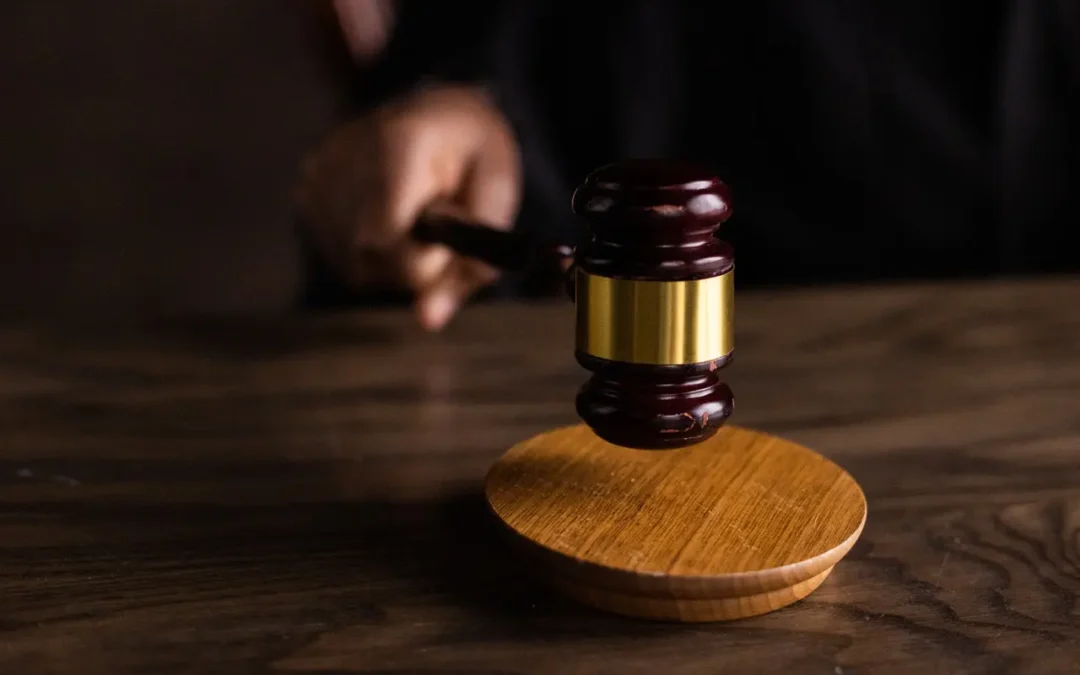An Intervention Order, whether it is a Family Violence Intervention Order or a Personal Safety Intervention Order, is a civil order. It does not form part of your criminal history. However, the penalties for breaching the Order are criminal and can result in charges being laid by Victoria Police. Breaching (or Contravening) an Intervention Order is punishable by a maximum penalty of between 2 years and 5 years imprisonment, depending on whether the breach is characterised as a persistent breach. Contraventions of Family Violence Intervention Orders, in particular, are dealt with seriously by the criminal justice system. We will focus on these kinds of orders in this blog. The following are the ways in which breaching a Family Violence Intervention Order can have legal ramifications for the accused person.
1. Criminal Charges
Police will almost certainly charge breaches of Family Violence Intervention Orders – even the most minor breaches. Since the Royal Commission into Family Violence, law enforcement has taken a proactive approach to charging breaches where family violence is alleged. Being charged with a criminal offence, particularly a family violence based offence (which includes breaches of Family Violence Intervention Orders), can have real ramifications for your employment, working with children checks, mental health and future prospects. Whilst non-conviction dispositions can be expunged under the Spent Conviction Scheme, they are still on your record, which can be accessed by law enforcement and the Department of Justice when assessing whether to grant you a Working With Children Check or to allow you clearance to work in secure facilities, such as prisons, government buildings and medical facilities.
If you are convicted of the breach, the conviction will remain on your record for at least 10 years and you may have to make an application to the Court to have it removed. This could further affect your employment prospects, as well as your ability to obtain a working with children check and travel. For more information on the Spent Conviction Scheme, visit our page: https://galballyparker.com.au/spent-convictions-scheme/
In addition, if found guilty, you will have to pay or serve the penalty. This could include a fine, a period on an adjourned undertaking (a good behaviour bond), a community corrections order or even a period of imprisonment. Whilst you go through the proceedings, you will have to deal with the stress of the criminal proceedings and the cost of engaging lawyers to represent you in circumstances where it is very unusual for Legal Aid to fund legal representation.
2. No Diversion
Even for a person with no prior criminal history, Victoria Police will only recommend an accused person for Diversion if ‘exceptional circumstances’ exist which justify the filing of a Diversion Notice. This means that, in all likelihood, even the most minor of breaches will be dealt with in Court and will not be eligible for the Diversion Program. For more information on Diversion, please visit our Diversion page: https://galballyparker.com.au/diversion-program/.
3. Contravention of Bail
Commonly, where a person is charged with contravening a Family Violence Intervention Order, the Police will place them on bail with conditions to comply with the Intervention Order. Most accused people do not understand, when they sign bail after interview, the significance of being on bail for a family violence related offence. Even if the breach does not involve violence, a contravention of a Family Violence Intervention Order constitutes a family violence offence, which changes a person’s bail status. Significantly, should they contravene the order again (even without committing acts of violence) they could have their bail revoked and be remanded in custody. It is astonishing how many inmates on remand are in custody on contraventions of Family Violence Intervention Orders! In some cases, depending on the nature of the breach and the person’s criminal history, they may find themselves bail refused and charged with a Schedule 2 offence, which means that they may have to establish exceptional circumstances as to why their continued detention is unjustified. This is the same bail test as that applied to individuals charged with murder!
4. Family Court Proceedings
Most times, where there is a Family Violence Intervention Order in place, there are also Family Court proceedings for the division of property and (most importantly) child access and custody arrangements. Whilst the Family Court is used to dealing and putting to one side the issue of a Family Violence Intervention Order, particularly if it is on an interim basis or was consented to without admissions, contraventions of the Family Violence Intervention Orders can be considered serious. It may affect the assessment of the best interests of the child in the proceedings, as well as the outcome of Family Court Reports. This is particularly so if the contravention is persistent and the Affected Family Member (AFM) can point to the breaches as evidence as to why child access should be reduced. Even the most basic of breaches, such as communicating to the AFM about matters other than child access arrangements, can land a person in hot water. Accordingly, it is important to properly understand the conditions of the order and be very careful to comply.
How Galbally Parker Intervention Order Lawyers can Help
For more information about Intervention Orders, please go to our page: https://galballyparker.com.au/intervention-orders/. If you have an Intervention Order or have been charged with a breach, contact our experienced criminal lawyers today for a consultation. You may surprised how much easier we can make these proceedings for you.


